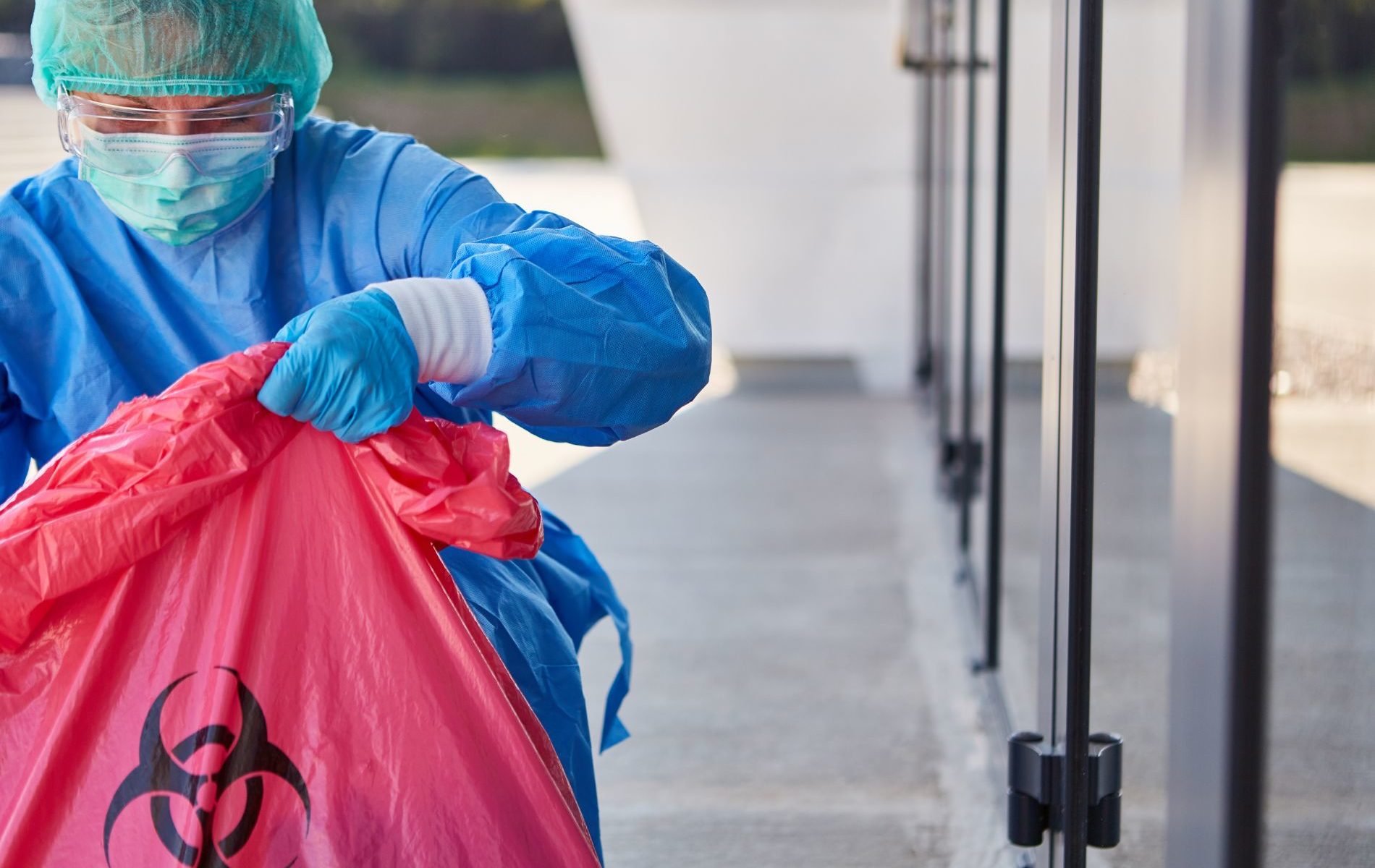4 Simple Techniques For Reclaim Waste
4 Simple Techniques For Reclaim Waste
Blog Article
Reclaim Waste Fundamentals Explained
Table of ContentsOur Reclaim Waste DiariesHow Reclaim Waste can Save You Time, Stress, and Money.The Reclaim Waste DiariesFacts About Reclaim Waste RevealedThe Greatest Guide To Reclaim Waste
Discover the types, incidents, and types of fluid waste. Residential sewage waste refers to the waste and items from a residential septic system. This kind of waste is produced by human beings in homes, colleges, and other structures. This only consists of septic systems that have a drain field. The appropriate administration and disposal of domestic sewage waste need liquid waste to be transferred to a sewer therapy plant where the correct techniques and tools are applied to detoxify and dispose of waste.
Industrial waste typically consists of prospective threats, such as flammable materials or a combination of liquid and strong waste items, and calls for an advanced and comprehensive disposal procedure. The disposal of business waste normally includes the filtering of waste before transport to guarantee risk-free and correct disposal. Industrial waste is produced from byproducts and runoff of industrial procedures and manufacturing.
This type of waste can not make use of the very same sewer management transportation or processes as septic or commercial liquids. The industrial waste administration procedure calls for the inspection and screening of fluid waste before it undergoes the disposal procedure (liquid waste removal). Overflow waste is the liquid waste that comes from overflow and excess stormwater in very inhabited locations or cities
Overflow waste can trigger contamination and flooding otherwise taken care of correctly. Discover more about sewer cleansing and waste administration. Making certain correct waste administration can protect against calamities and decrease environmental harm. Both people in household setups and experts in industrial or manufacturing sectors can benefit from understanding the procedures and laws of liquid waste management.
The smart Trick of Reclaim Waste That Nobody is Discussing
Contact PROS Providers today to discover our waste administration and disposal solutions and the proper methods to care for the liquid waste you generate.
(https://www.tumblr.com/reclaimwaste1/766851148823068673/at-reclaim-waste-were-a-national-solutions?source=share)This supposed 'wastewater' is not only a vital source but, after treatment, will certainly be released to our land, waterways or the sea. Utilized water from toilets, showers, baths, kitchen area sinks, washings and industrial procedures is known as wastewater.

water used to cool down machinery or clean plant and devices). Stormwater, a form of wastewater, is drainage that flows from agricultural and urban locations such as roofing systems, parks, yards, roadways, paths her explanation and rain gutters right into stormwater drains, after rainfall. Stormwater flows unattended directly to neighborhood creeks or rivers, eventually reaching the sea.
The Basic Principles Of Reclaim Waste
In Queensland, the majority of wastewater is dealt with at sewage therapy plants. Wastewater is transferred from residential or commercial sites with a system of sewage systems and pump terminals, recognized as sewage reticulation, to a sewer therapy plant. City governments develop, preserve and operate most sewage treatment plants. Operators are accredited under the Environmental Protection Act 1994 to discharge treated wastewater at an appropriate ecological criterion right into waterways.
The Division of Natural Resources suggests city governments about managing, operating and keeping sewage systems and treatment plants. In unsewered areas, regional governments may require owners to set up private or home sewage treatment systems to treat residential wastewater from commodes, cooking areas, bathrooms and washings. The Division of Natural Resources authorizes making use of household systems when they are proven to be reliable.
The majority of stormwater receives no therapy. In some brand-new subdivisions, therapy of some stormwater to eliminate trash, sand and gravel has actually started using gross pollutant catches. Wastewater treatment happens in 4 stages: Gets rid of strong matter. Larger solids, such as plastics and various other things mistakenly released to sewage systems, are removed when wastewater is passed with displays.
Makes use of tiny living microorganisms knows as micro-organisms to damage down and get rid of staying liquified wastes and great particles. Micro-organisms and wastes are integrated in the sludge.
Facts About Reclaim Waste Uncovered
Nutrient removal is not available at all sewage treatment plants since it requires expensive specialized tools. Clear fluid effluent generated after therapy might still contain disease-causing micro-organisms - industrial wastewater treatment.

This normally suggests wastewater has actually to be treated or impurities removed prior to it can be discharged to waterways. A lot of wastewater streams into the sewage system. Under the Act, local governments provide approvals and permits for eco relevant activities (ERAs) including wastewater launches that may have a regional effect. The department carries out authorizations and licences to Periods entailing wastewater launches that may have a regional or statewide influence.
Reclaim Waste Fundamentals Explained
Monitoring offers accurate details about water quality and can confirm that licence problems are being fulfilled. The details obtained with surveillance gives the basis for making water top quality choices.
Report this page